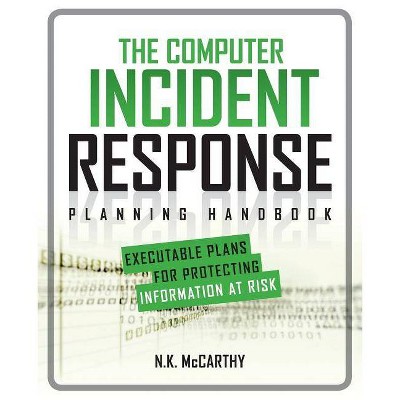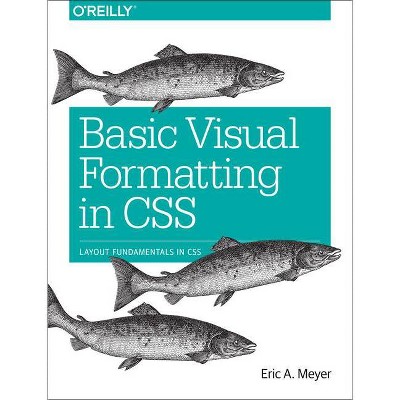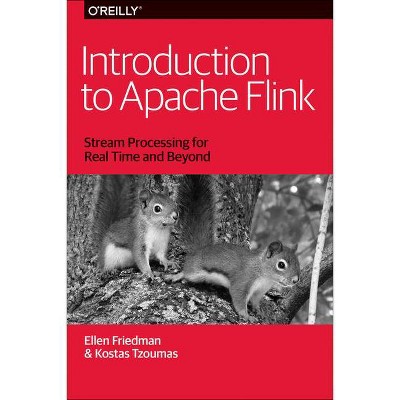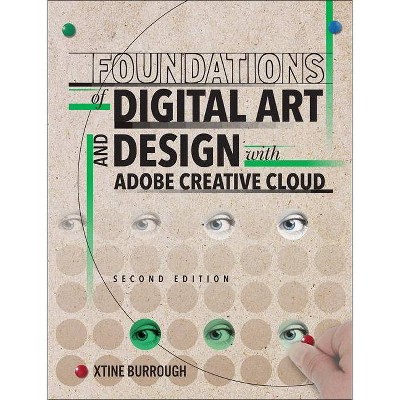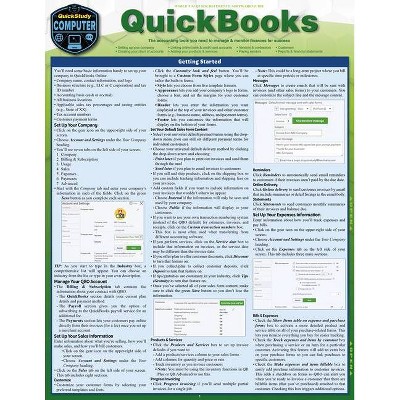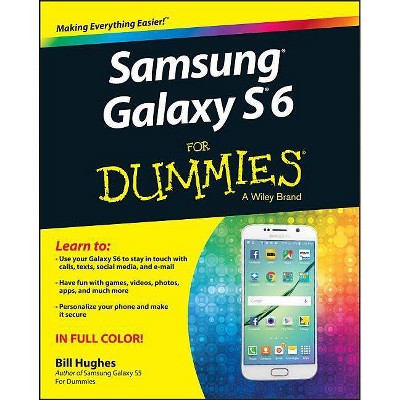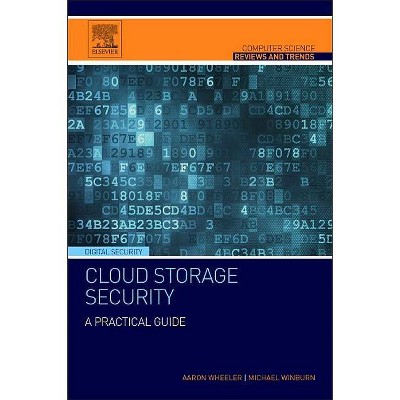Brainstorming and Beyond - by Chauncey Wilson (Paperback)

Similar Products
Products of same category from the store
AllProduct info
<p/><br></br><p><b> About the Book </b></p></br></br>"Brainstorming and Beyond describes the techniques for generating ideas verbally, in writing, or through sketches. The first chapter focuses on brainstorming, the foundation method for ideation, which is a complex social process building off of social psychology principles, motivational constructs, and corporate culture. Brainstorming is commonly portrayed as an easy way to generate ideas, but in reality, it is a complex social process that is often flawed in ways that are not self-evident. Chapter 2 discusses Brainwriting, which is a variation on brainstorming in which each person writes ideas down on paper and then passes the paper to a new person who reads the first set of ideas and adds new ones. Since there is no group shouting out of ideas, strong facilitation skills are not required, and more often than not, Brainwriting results greatly exceed those of group brainstorming in a shorter time because ideas are generated in a parallel, rather than serial, fashion. Brainwriting is useful when time is limited, groups are hostile, or you are dealing with a culture where shouting out wild or divergent ideas might be difficult. Finally, in Chapter 3, readers learn about Braindrawing, a method of visual brainstorming that helps practitioners generate ideas for icons, other graphics, user interface layouts, or Web page designs. Each of these methods provides readers with ways to generate, present, and evaluate ideas so they can begin building a strong foundation for product success"--Amazon.com, viewed April 23, 2013.<p/><br></br><p><b> Book Synopsis </b></p></br></br><p><i>Brainstorming and Beyond</i> describes the techniques for generating ideas verbally, in writing, or through sketches. The first chapter focuses on brainstorming, the foundation method for ideation, which is a complex social process building off of social psychology principles, motivational constructs, and corporate culture. Brainstorming is commonly portrayed as an easy way to generate ideas, but in reality, it is a complex social process that is often flawed in ways that are not self-evident. Chapter 2 discusses Brainwriting, which is a variation on brainstorming in which each person writes ideas down on paper and then passes the paper to a new person who reads the first set of ideas and adds new ones. Since there is no group shouting out of ideas, strong facilitation skills are not required, and more often than not, Brainwriting results greatly exceed those of group brainstorming in a shorter time because ideas are generated in a parallel, rather than serial, fashion. Brainwriting is useful when time is limited, groups are hostile, or you are dealing with a culture where shouting out wild or divergent ideas might be difficult. Finally, in Chapter 3, readers learn about Braindrawing, a method of visual brainstorming that helps practitioners generate ideas for icons, other graphics, user interface layouts, or Web page designs. Each of these methods provides readers with ways to generate, present, and evaluate ideas so they can begin building a strong foundation for product success. </p><p/><br></br><p><b> Review Quotes </b></p></br></br><br><p><i>The book covers all aspects of brainstorming, from analysis of its strengths and weaknesses to practical advice on the best practices to conduct a brainstorming session...A quick and effortless read, this book can be enjoyed by anyone interested in the topic...readers with technical, managerial, or even literary backgrounds can equally appreciate it.--</i><b><i>ComputingReviews.com, </i> April 15, 2014 </b><i>The book shows that brainstorming can be most successful and productive when the facilitator knows the proper techniques for getting the most out of the participant's brains...At 75 pages, Brainstorming and Beyond: A User-Centered Design Method is a quick read, and of value to anyone who plans on using brainstorming to the most effective level possible.--</i><b><i>RSAConference.com, </i> January 26, 2014 </b><i>The three chapters in this slim book present creative methods for generating product ideas and business solutions through speaking, writing, and drawing in a group setting. Each chapter identifies the strengths and weaknesses of the method, describes procedures to planning and conducting the brainstorming sessions, and suggests specific variations tailored for specialized contexts.--</i><b><i>Reference & Research Book News, </i> October 2013</b></p><br>
Price History
Price Archive shows prices from various stores, lets you see history and find the cheapest. There is no actual sale on the website. For all support, inquiry and suggestion messagescommunication@pricearchive.us










